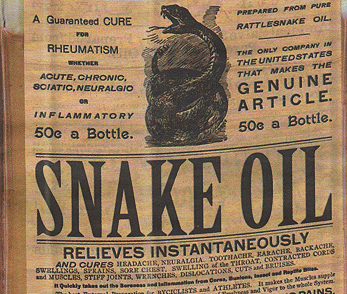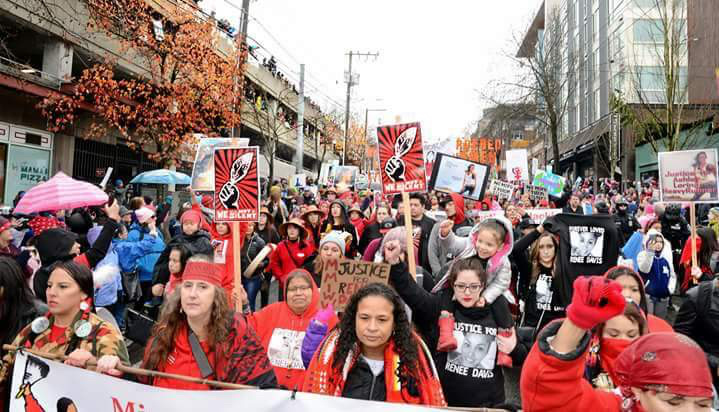On Wednesday, April 4, 2017, at the National Native American Bar Association's (NNABA) Annual Meeting, which is being held in conjunction with the Federal Bar Association's 2018 Indian Law Conference, Gabe Galanda will deliver the "Update on NNABA Formal Ethics Opinion No. 1: 'Ensuring Due Process For All Native Americans Targeted For Disenrollment.'"
NNABA adopted Formal Ethics Opinion No. 1 in 2015 in reaction to the tribal disenrollment epidemic and, in particular, "to remind lawyers and any bar associations to which they belong that lawyers’ ethical obligations to their licensing jurisdictions do not stop at reservation boundaries."
Disenrollment scholars have cited lawyer involvement in disenrollment crusades, and the resulting void in due process at law, as a contributing cause of the epidemic. As Dr. David Wilkins wrote in his seminal book, Dismembered: Native Disenrollment and the Battle for Human Rights:
Certain recurrent themes became evident in the course of examining these and other [disenrollments, including] the powerful role played by lawyers who work for tribal governments....
Lawyers were cited several times as being the culprits in crafting disenrollment policies, revising enrollment procedures to make it easier to disenroll, and in pursuing lawsuits that enrich law firm coffers while financially crippling those facing disenrollment.
Although disenrollment seems to be waning nationally, thanks in significant part to NNABA's ethics position according to Dr. Wilkins, the unethical lawyer dynamics that he identifies, persist in certain ongoing disenrollment sagas and in other tribal contexts.
Lawyers, especially Big Law attorneys, continue to draft tribal resolutions and ordinances that deny due process to disenrollees (here, for example); and to cause "the tribe" to otherwise violate indigenous human rights. Those lawyers, including Native attorneys, forsake their ethics and morals in order to "save the tribal client" and the lucrative billable hours--and salaries and bonuses--that comes with tribes as clients. Those lawyers give dishonest--even illegal--advice, rather than difficult, ethical advice. Those lawyers sell snake oil to the tribal client.
And those shady lawyer dynamics are not unique to disenrollment. They exist in "intra-tribal" leadership disputes, too. There, the lawyers count votes on Tribal Council or otherwise handicap which faction will win; place their bets on that faction; and then aid and abet that's faction illegality. Because that faction controls the tribal treasury, the lawyers' bets generally don't fail.
With state bar disciplinary bodies still finding their way in Indian Country, this unethical lawyering occurs way too frequently within tribal communities. But with the likes of NNABA shining a bright light on such lawyer malfeasance, there is hope that those lawyers will eventually be rooted out.
Gabriel S. Galanda is the managing lawyer of Galanda Broadman, PLLC, in Seattle. Gabe is a descendant of the Nomlaki and Concow Tribes, belonging to the Round Valley Indian Tribes of Northern California. He can be reached at (206) 300-7801 or gabe@galandabroadman.com.















